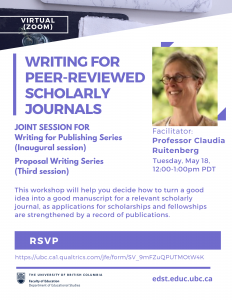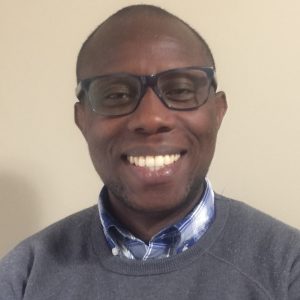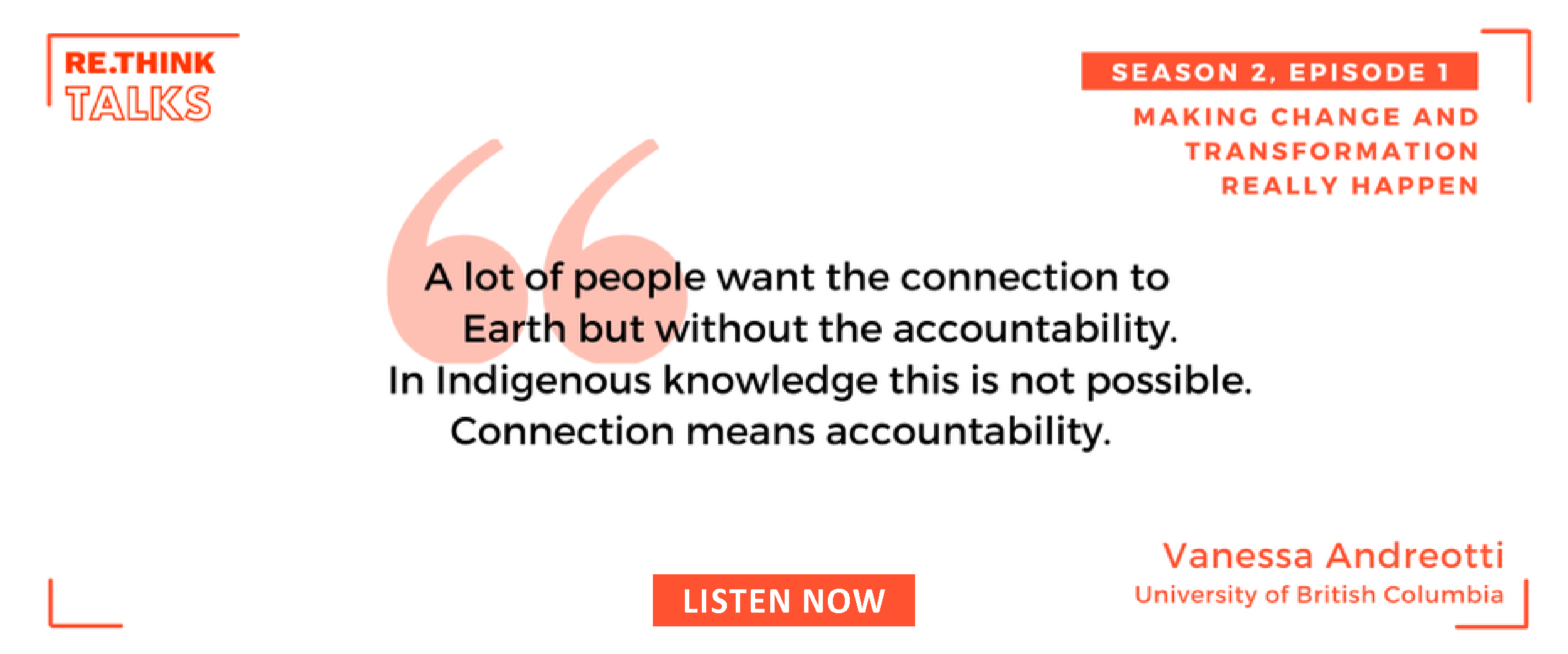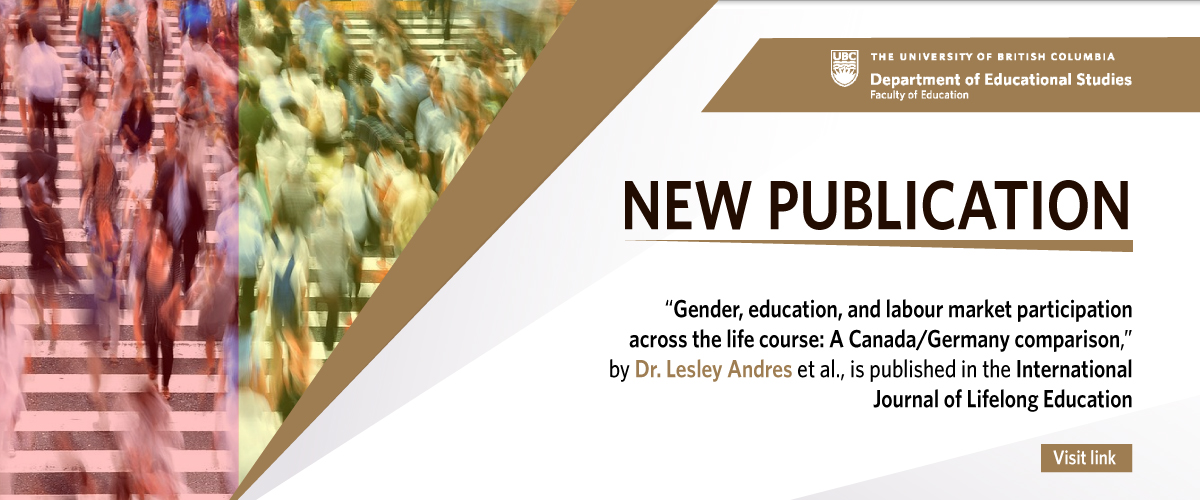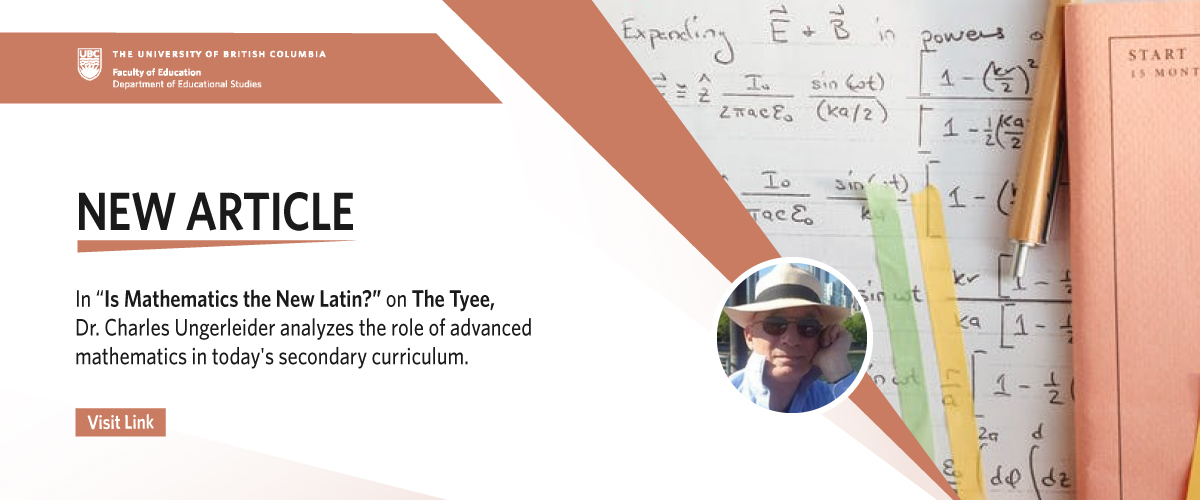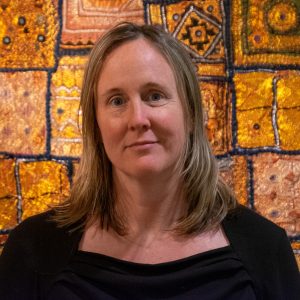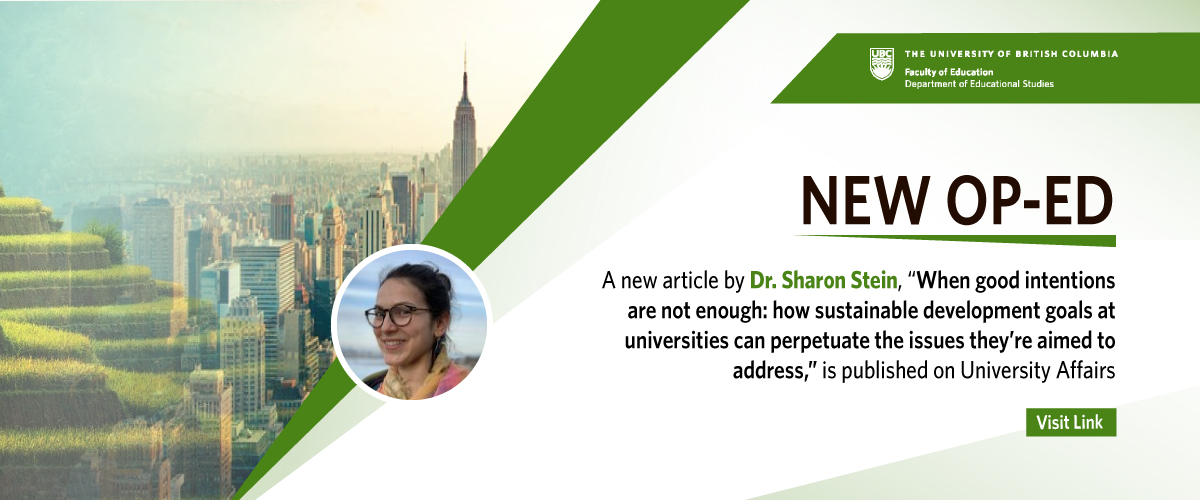Latin American Studies Association (LASA) Conference 2021
Thematic: Crisis Global: Desigualdades y centralidad de la vida
Panel of Interest: Education and Public Health in the Construction of Modern Latin America
during the 19th and 20th Centuries
Thursday, May 27th, 8:00am EST via Zoom
Presenters:
- Antonio Espinoza, Virginia Commonwealth University (USA)
- Lucila Da Silva, IPECHS-CONICET-UNCo (Argentina)
- Sabrina Gonzáles, University of Maryland (USA)
- Ana Paula Korndörfer, Universidade do Vale do Rio dos Sinos – Unisinos (Brasil)
Discussant:
For more information about the conference, go to: https://lasaweb.org/en/lasa2021/
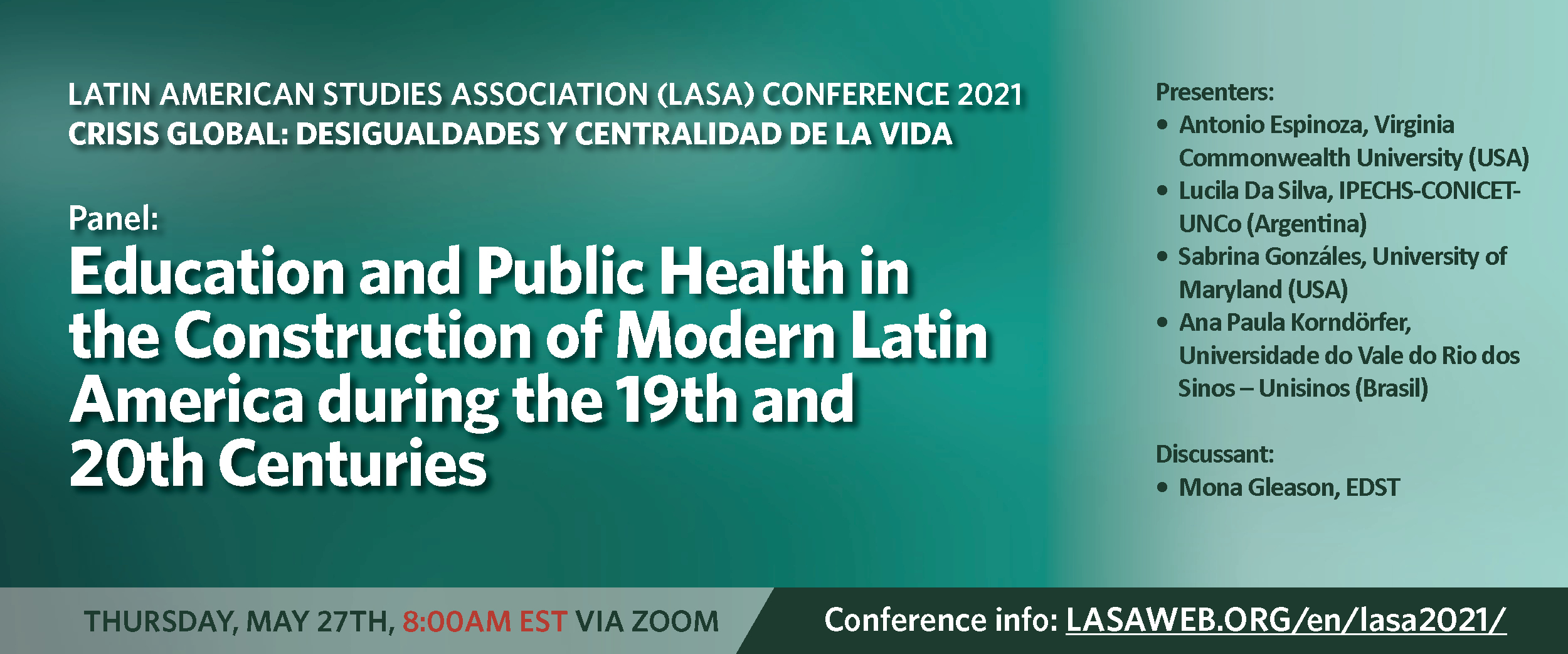
EDST Virtual Trivia Night
Date and time: Friday, May 21st, 6:00-8:00pm PDT
Location: Virtual (Zoom)
Description: Save the date! We know this past year has been stressful for many of you, but summer is here, and even though classes are still running it’s important to take a break and connect with each other. Join us on Zoom for a game of virtual trivia. Dress up, grab a drink of choice, and log in to play a rousing game!
All you have to do is join the Zoom meeting and we will take care of the rest – no need to form a team ahead of time.
Please RSVP here or contact edst.gaa@ubc.ca with questions.

‘Writing for Peer Reviewed Journals’ by Professor Claudia Ruitenberg
This month brings to you a joint session of two important series, Writing for Publishing Series (inaugural session) and Proposal Writing Series (third session), for which details are offered below.
“Writing for Publishing – an Editor’s Perspective” Series
Understanding the process of writing for publishing our work is a critical aspect of our growth as academics. This series has been initiated to help build capacity for publications through conversations around what it is that journal editors are looking for in a quality paper, with specific reference to the journals that they have (guest)edited or have had the editorial/ review responsibilities for. Thus, it offers more specific advice from an Editor’s perspective i.e. the “other” side of the publication story.
“Proposal Writing for Scholarships and Funding” Workshop Series
Critical reflections on last year’s application process clarified for us the need among students for more help not just in putting together a high quality application, but also in planning ahead, and understanding all the critical steps involved towards a great application. Consequently, in consultation with Dr Amy Metcalfe, we have organized this workshop series to enrich students’ understanding and skills in this important area.
Event Title: ‘Writing for Peer Reviewed Journals’ by Professor Claudia Ruitenberg
Date and time: Tuesday, May 18, 12:00-1:00pm PDT
Location: Virtual (Zoom)
Description: This workshop will help you decide how to turn a good idea into a good manuscript for a relevant scholarly journal. It is part both of the “Writing for Publishing” series and the “Proposal Writing” series, as applications for scholarships and fellowships are strengthened by a record of publications. Questions that will be addressed in the workshop include:
- My course paper got an A! Is it ready to submit to a journal? What is the difference between a good course paper and a strong journal manuscript?
- My scholarship application would be stronger if I had some publications. How can I get some publications on my CV?
- How do I select a scholarly journal to submit my article manuscript?
- What do reviewers look for in a manuscript?
- What is the difference between a “decline” and “revise and resubmit”?
Please RSVP here or contact edst.gaa@ubc.ca with questions.
